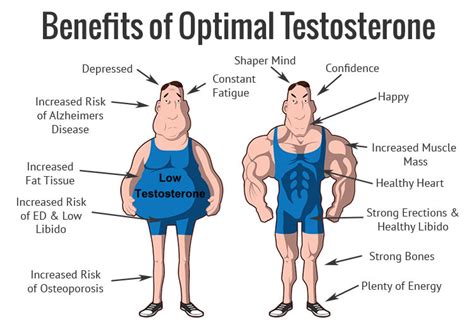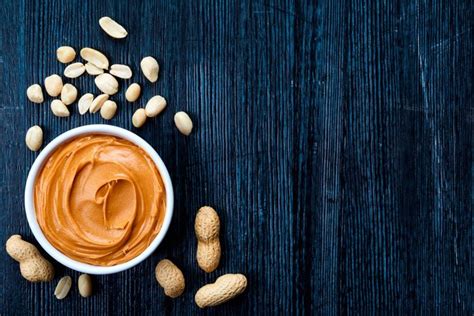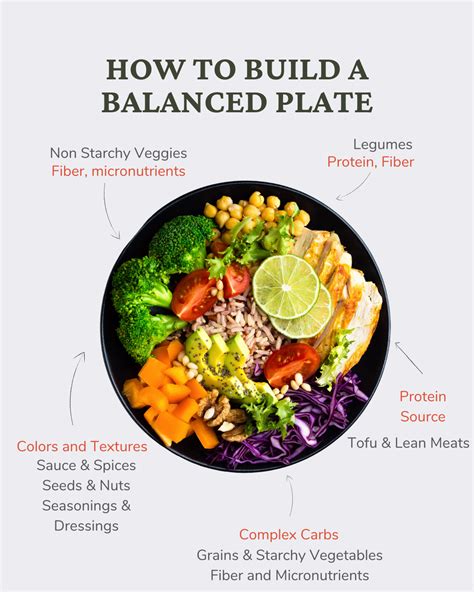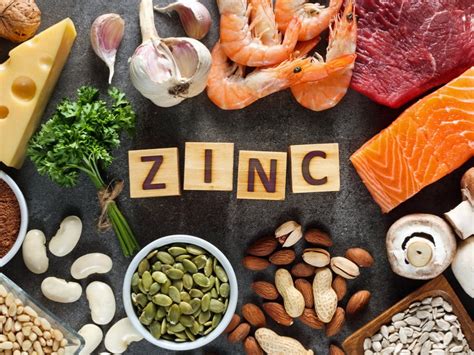Nutrition for peak male performance: How to naturally boost testosterone & energy?

Unlocking Peak Male Performance Through Smart Nutrition
For men striving to reach their physical and mental zenith, nutrition serves as the cornerstone. Beyond just fuel, the right foods provide the building blocks and regulatory compounds necessary for optimal hormonal balance, particularly testosterone, and unwavering energy levels. This guide delves into actionable dietary strategies to naturally enhance both, propelling you towards peak performance.

The Testosterone Connection: Why Diet Matters
Testosterone, the primary male sex hormone, plays a critical role in muscle growth, bone density, libido, mood, and energy. While levels naturally decline with age, dietary deficiencies and poor lifestyle choices can accelerate this decline. Conversely, a targeted nutritional approach can support healthy testosterone production.
Key Nutrients for Testosterone Production:
- Zinc: Essential for hormone production and immune function. Deficiencies are directly linked to lower testosterone.
- Vitamin D: More of a hormone than a vitamin, adequate Vitamin D levels are strongly correlated with higher testosterone.
- Magnesium: Plays a vital role in over 300 biochemical reactions in the body, including those involved in testosterone synthesis.
- Healthy Fats: Cholesterol is the precursor to testosterone. Monounsaturated and saturated fats (in moderation) are crucial.
Fueling Your Energy: Sustained Vitality
Beyond hormones, consistent energy is vital for daily productivity, exercise, and overall quality of life. The right macronutrient balance and micronutrient intake prevent energy crashes and promote sustained vitality.

Energy-Boosting Nutritional Pillars:
- Complex Carbohydrates: Provide a steady release of glucose, preventing blood sugar spikes and dips. Think whole grains, fruits, and vegetables.
- Lean Protein: Essential for muscle repair and satiety, protein helps stabilize blood sugar and provides amino acids for energy metabolism.
- Healthy Fats: While crucial for hormones, fats also offer a dense, long-lasting energy source, especially for sustained activities.
- B Vitamins: Crucial cofactors in energy metabolism, converting food into usable energy.
- Iron: Essential for oxygen transport in the blood; deficiency leads to fatigue.
Foods to Prioritize for Testosterone & Energy
Integrate these power-packed foods into your daily diet:
- Oysters & Shellfish: Rich in zinc.
- Fatty Fish (Salmon, Mackerel): Excellent sources of Vitamin D and Omega-3 fatty acids.
- Leafy Green Vegetables (Spinach, Kale): High in magnesium.
- Eggs: Contain healthy cholesterol, protein, and Vitamin D.
- Avocados: Packed with monounsaturated fats and magnesium.
- Nuts & Seeds (Almonds, Pumpkin Seeds): Good sources of zinc, magnesium, and healthy fats.
- Berries & Fruits: Loaded with antioxidants and natural sugars for quick energy.
- Whole Grains (Oats, Quinoa): Provide complex carbohydrates for sustained energy.
- Lean Meats (Chicken, Beef): Excellent sources of protein, iron, and B vitamins.

Foods to Limit or Avoid
Just as important as what you eat is what you don’t. Certain foods can negatively impact hormone levels and energy:
- Processed Foods & Sugary Drinks: Lead to inflammation, weight gain, and insulin resistance, all detrimental to testosterone and energy.
- Excessive Alcohol: Can disrupt hormone production and impair liver function.
- Trans Fats: Found in many processed foods, they are harmful to overall health and hormone balance.

Beyond the Plate: Lifestyle Synergies
Nutrition is a powerful tool, but its effects are amplified when combined with other healthy lifestyle choices:
- Regular Exercise: Strength training and high-intensity interval training (HIIT) are particularly effective for boosting testosterone.
- Quality Sleep: Adequate sleep is crucial for hormone regulation and energy restoration. Aim for 7-9 hours per night.
- Stress Management: Chronic stress elevates cortisol, which can suppress testosterone. Incorporate relaxation techniques like meditation or yoga.
- Hydration: Staying well-hydrated is fundamental for all bodily functions, including energy metabolism.

Conclusion
Achieving peak male performance in terms of testosterone and energy is not about quick fixes but a holistic commitment to smart nutrition and a healthy lifestyle. By prioritizing nutrient-dense foods, limiting detrimental ones, and integrating supportive habits, men can naturally optimize their hormonal health and unlock a sustained level of vitality and strength. Start making these dietary shifts today to feel the profound difference.








